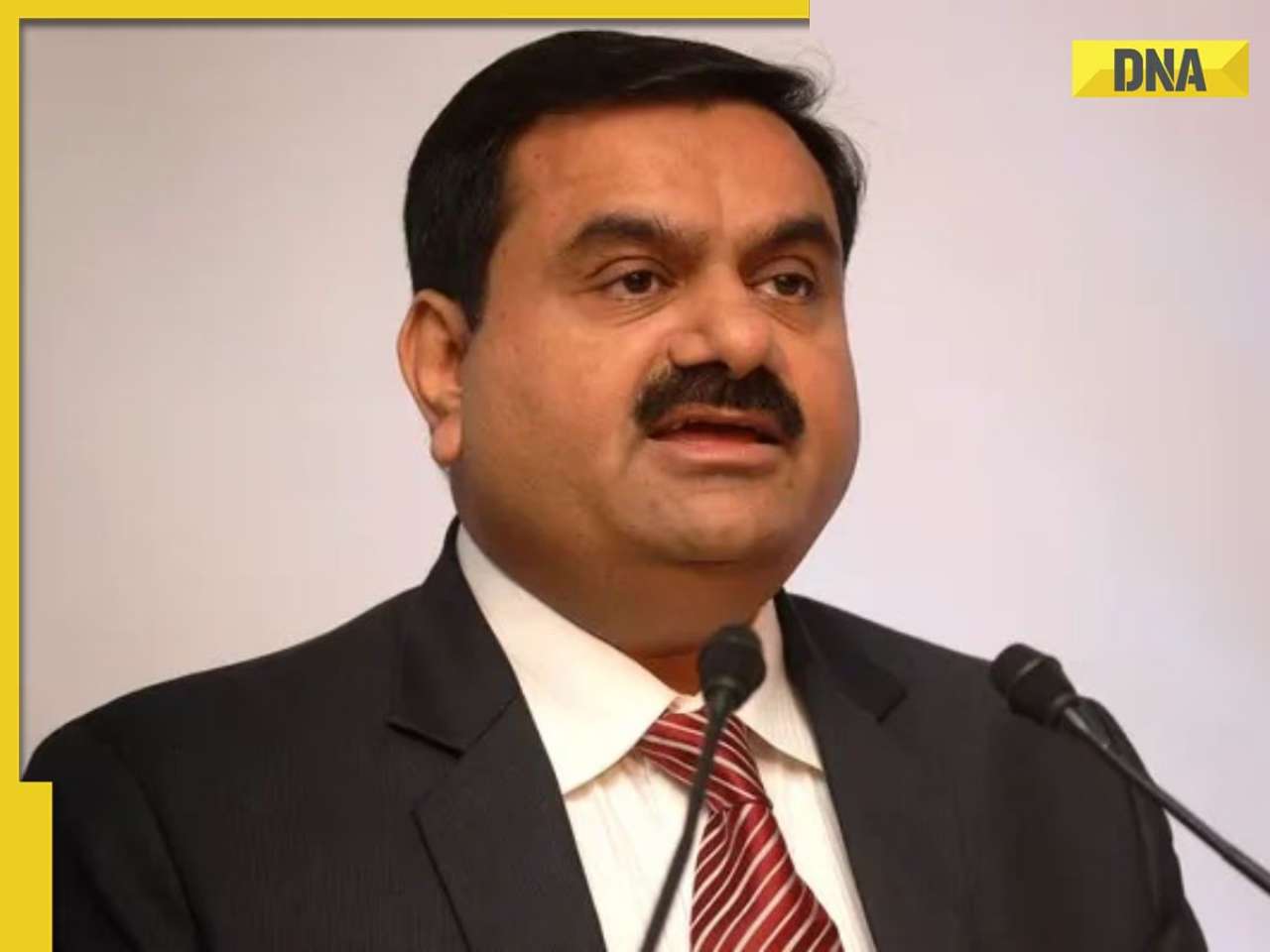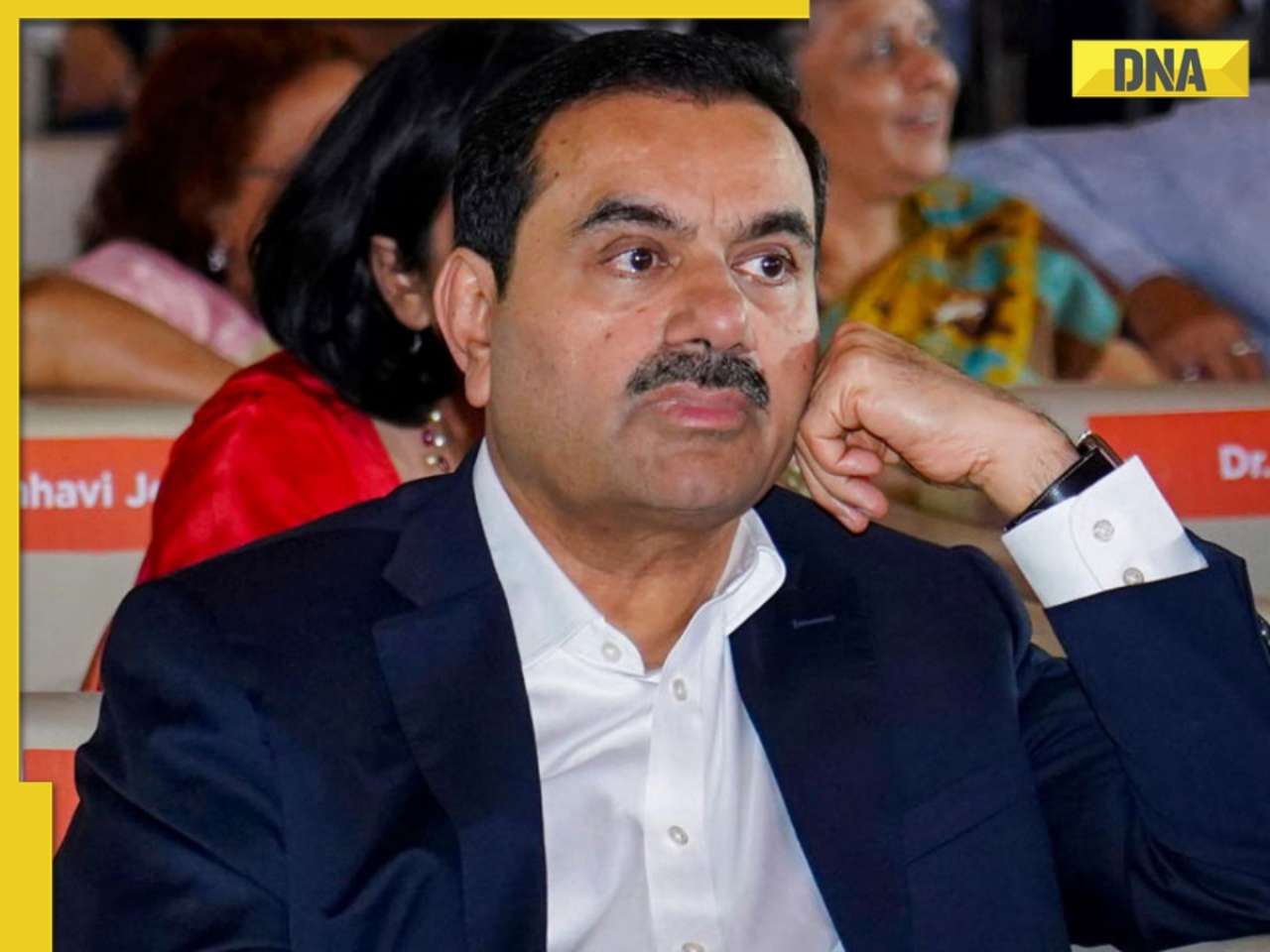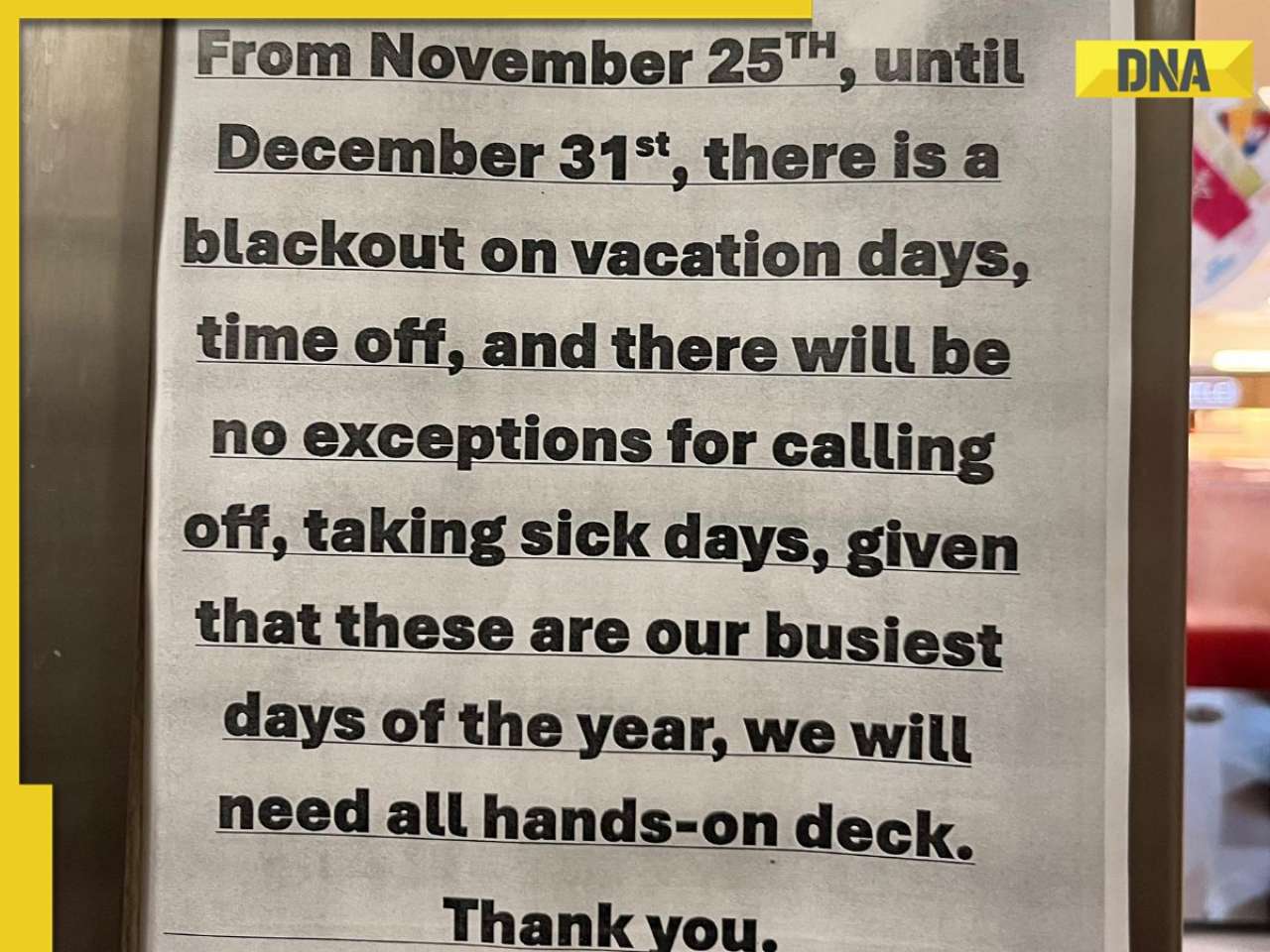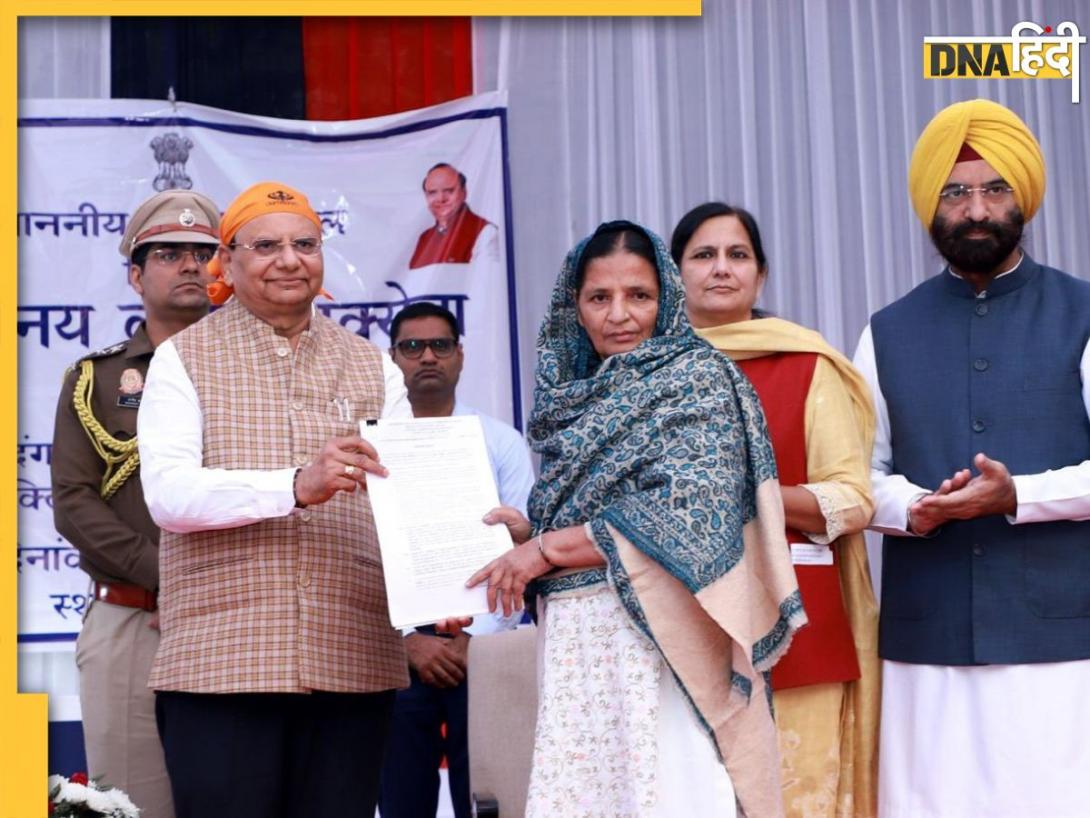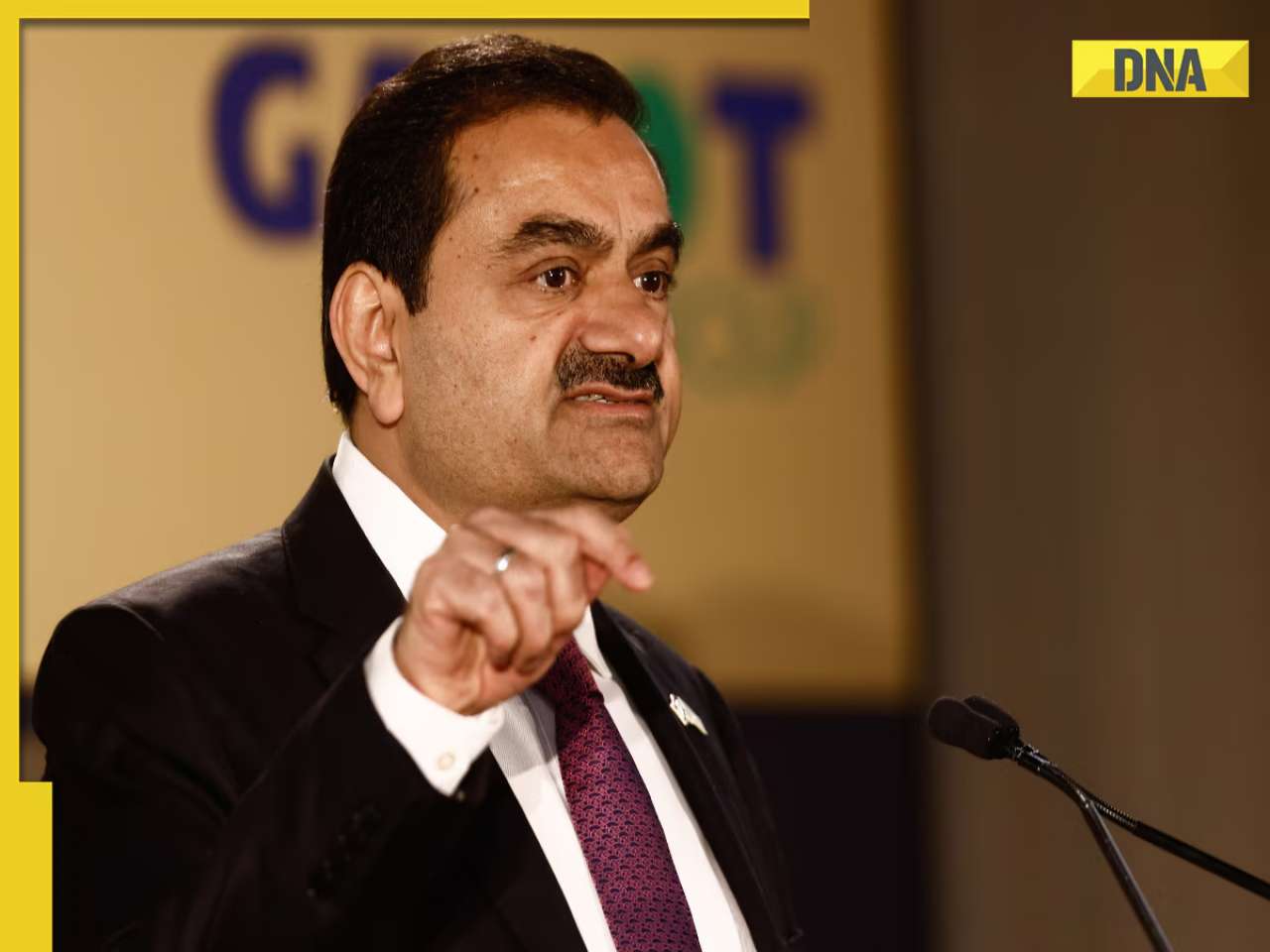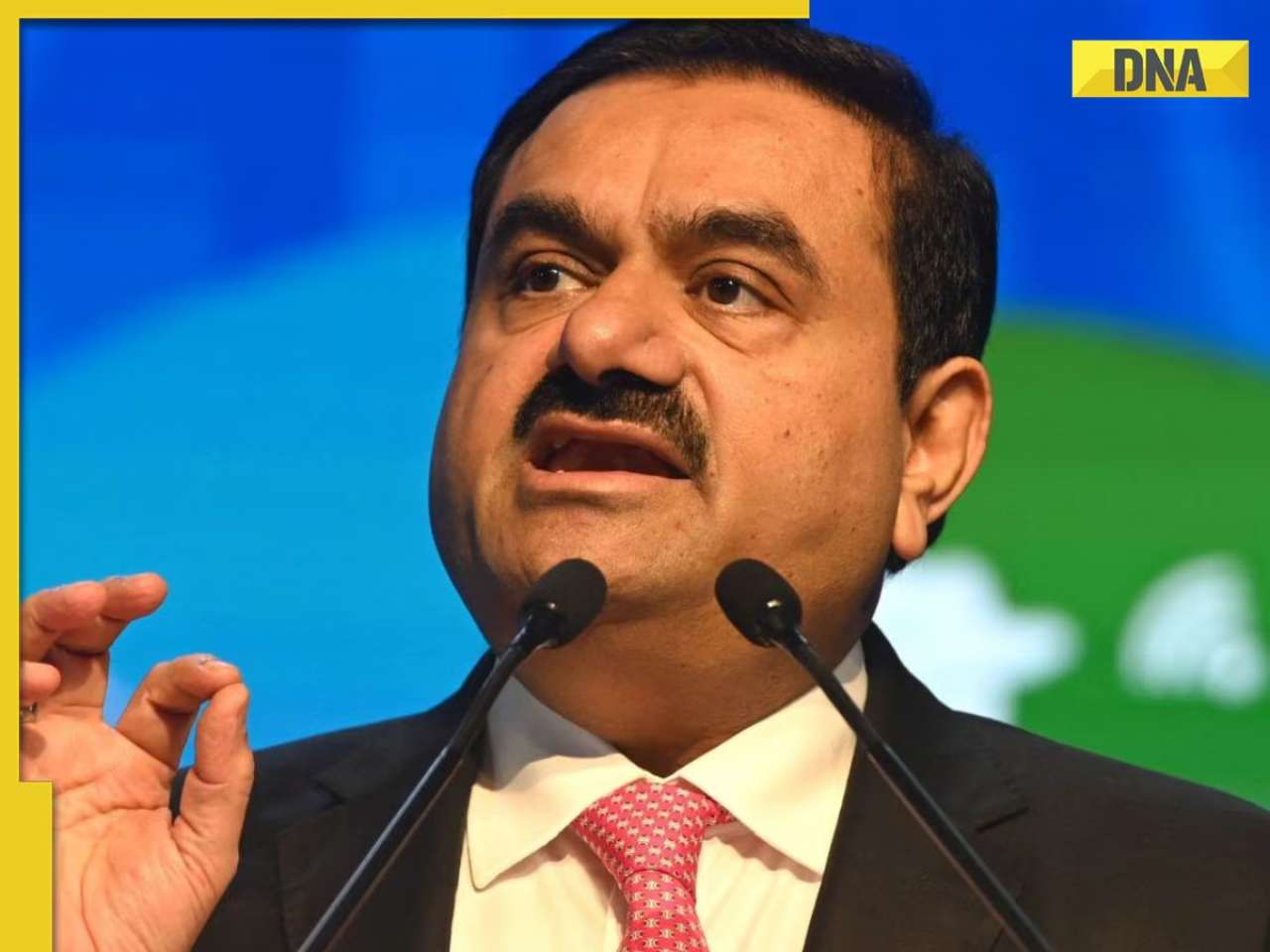- LATEST
- WEBSTORY
- TRENDING
BUSINESS
Rakesh Jhunjhunwala's dream set to come true as Azim Premji, Ranjan Pai plan to invest Rs 1000 crore in...
The investment would significantly dilute their holdings but is seen as essential for the airline's survival and growth
TRENDING NOW
In a high-stakes financial manoeuvre, Wipro’s Azim Premji and the Manipal Group’s Ranjan Pai Family Office are considering a substantial investment in Akasa Air, potentially infusing $125 million (over ₹1000 crore) into the fledgling airline. This move comes at a critical juncture, as the future of Akasa Air hangs in the balance, driven by the late Rakesh Jhunjhunwala's vision and the need for urgent capital.
Currently, Jhunjhunwala's family holds the largest share in Akasa Air, with a 40% stake, while founder and CEO Vinay Dubey, along with the Jhunjhunwala family, owns over 65% of the company. The investment would significantly dilute their holdings but is seen as essential for the airline's survival and growth. The funds are intended for fleet expansion and pre-delivery payments for aircraft, crucial for Akasa’s strategic plans.
Azim Premji and Ranjan Pai’s group have engaged advisory firm Alvarez & Marsal to conduct due diligence, underscoring the seriousness of their interest. Despite ongoing discussions, the deal is not yet finalised, and insiders caution that it could take time to conclude.
CEO Vinay Dubey remains tight-lipped about the investment talks, stating only that Akasa Air is "well capitalised" and committed to a long-term vision. "The cash we have is more than the initial investment," Dubey assured, emphasising the airline’s commitment to maintaining financial stability and growth. Premji Invest and Claypond Capital have also declined to comment.
The airline, launched in August 2021, quickly made headlines by expanding its fleet to 24 aircraft—a record for new entrants in the Indian aviation sector. However, Akasa has faced significant challenges, including a loss of ₹744 crore in its first year and projected losses exceeding ₹1,600 crore this financial year. Dubey attributes these losses to foundational investments in safety, training, and technology.
As the Indian aviation market evolves, with major players like IndiGo and Air India vying for dominance and competitors like GoFirst and SpiceJet facing financial troubles, the stakes are high. The outcome of this investment could redefine Akasa Air’s trajectory, transforming it into a major player or signalling its demise.
In this crucial phase, the resolution of the investment talks will likely determine whether Rakesh Jhunjhunwala's dream of a successful, competitive airline will become a reality or fade into history.







)









